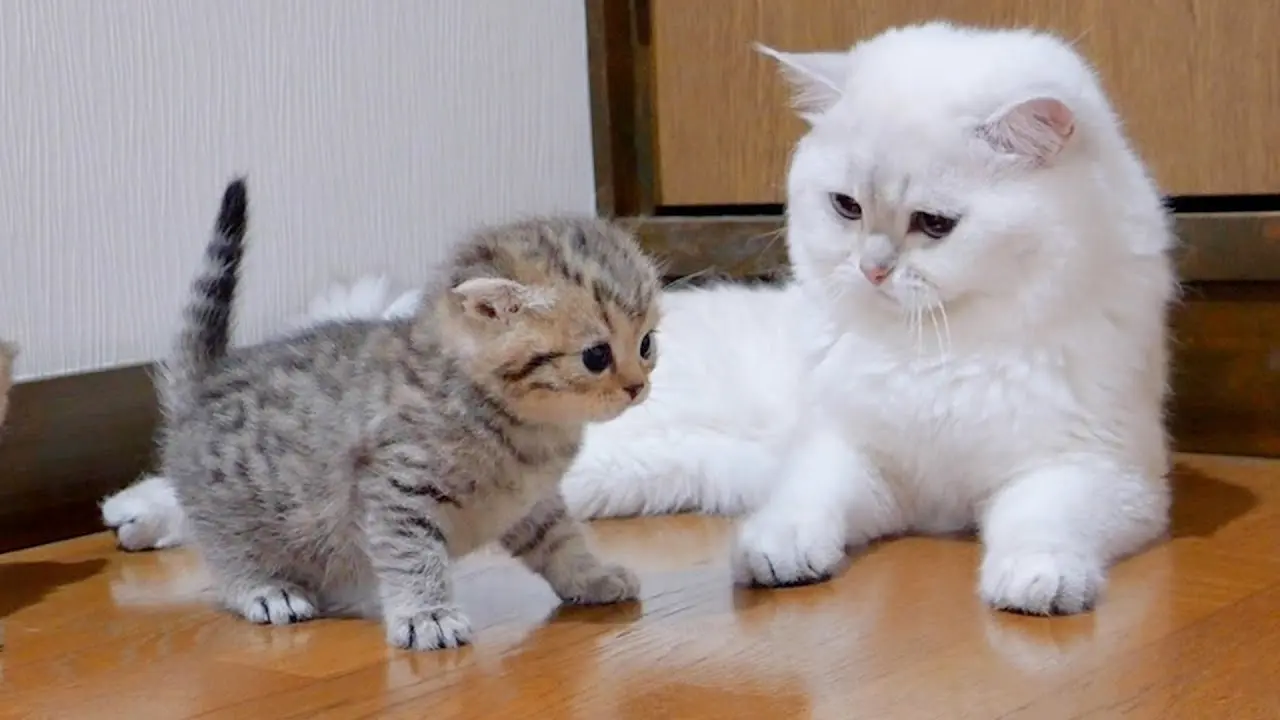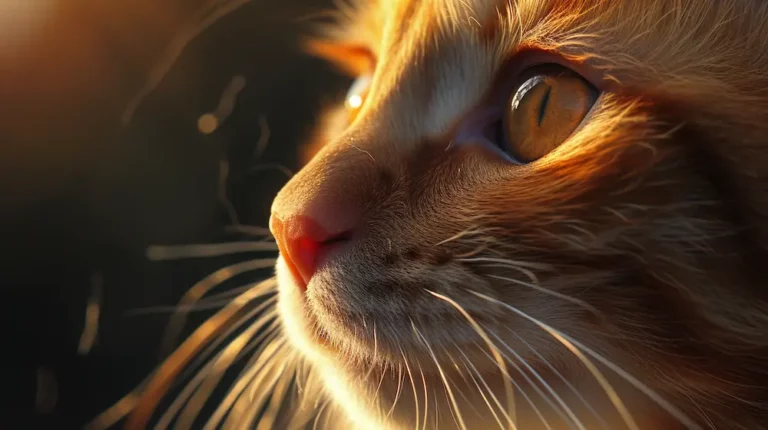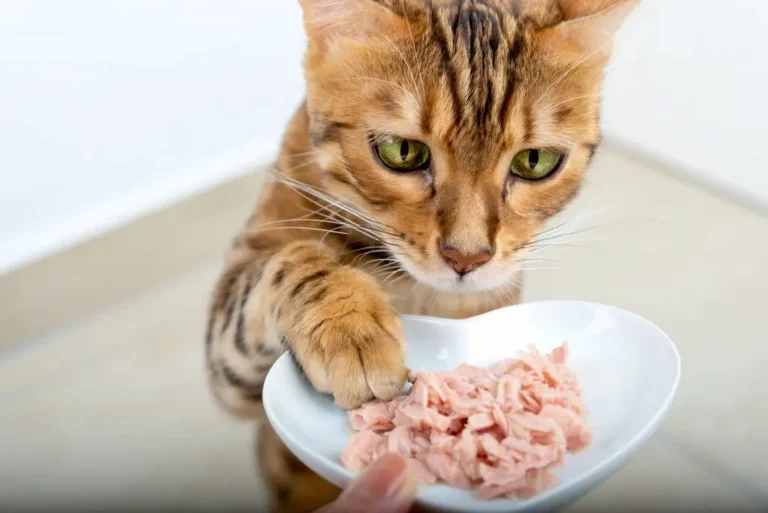The Ideal Cat Name, According to Science, Is Certainly Not What You Think
Ever wondered if your
You’re not alone.
I’ve always been curious about the perfect name for my
Forget the cutesy names or the ones inspired by pop culture; researchers have delved into what makes a
Stick around as we uncover the ideal
The Significance of Naming in Animal-Human Interactions
A
For instance, simple and distinct names often catch a
Scientists found that cats react better to names with rising intonations—think “Milo” or “Luna.”
Names like these might grab their attention because they mimic sounds cats naturally find intriguing.
From my observations, clear and short names help in training and establishing bonds.
When your
How Scientists Study Pet Names
You might wonder how scientists study pet names—it’s pretty fascinating!
They conduct experiments where they observe cats’ reactions to different sounds and syllables.
For example, researchers at Sophia University in Tokyo discovered that cats can distinguish their names from similar-sounding words.
They tested this by saying the cats’ names along with other words of similar length and sound structure.
Cats showed more pronounced responses—like ear twitching or head turning—to their actual names.
In my practice, I’ve seen the practical side of this research.
Cats named with clear, distinct syllables generally show better recall and responsiveness during exams or when called back for treatment follow-ups.
The science behind naming isn’t just theory; it translates directly into how we interact with our pets daily.
Choosing an effective name could make a significant difference in your relationship with your
What Makes a Name Ideal for Cats?
When picking the perfect name for your
There are several factors that make a name ideal for cats, grounded in both science and practical experience.
Psychological Impact on Cats
Cats are more likely to respond to names with certain qualities.
From my years of working as a vet, I’ve noticed that shorter names with one or two syllables tend to be more effective. These names are easier for cats to recognize and remember.
For example, names like “Bella” or “Max” often work better than longer ones like “Alexander.”
Also, cats seem to respond better to names ending in a high-pitched sound or vowel.
This was backed up by a study from Sophia University in Tokyo.
They found that cats distinctly react to names with rising intonation patterns.
So, going for names like “Milo” or “Luna” could catch your
Human Perception and Memory
Now let’s talk about us humans.
We’re the ones calling out these names multiple times a day, so they need to be easy for us too! Shorter, simpler names help owners maintain consistency when addressing their pets.
Imagine trying to call out “Sir Fluffington the Third†every time you want your
Also, distinct and unique names reduce confusion during training sessions or daily interactions.
If you’ve got multiple pets or even young kids at home, having straightforward names simplifies life significantly.
Surprising Research Findings
Science often surprises us, and
You might think any adorable name will do for your furry friend, but research says otherwise.
Most Unexpected Cat Names Revealed
In my years as a vet, I’ve seen some peculiar choices for
Would you believe “Pickle” or “Mozart”? These names aren’t just quirky—they actually fit some scientific patterns.
Researchers have found that unusual names catch cats’ attention better than common ones. It’s about the distinct sounds these names make, which stand out in a household filled with everyday noise.
Reasons Behind Unconventional Choices
Why do these odd-sounding names work so well?
Well, it boils down to acoustics and behavior. Cats react more sharply to high-pitched sounds or unexpected intonations.
When you call out “Pickle,” the unique sound might cut through other background noises, making it easier for your
Plus, using less common words ensures there’s no confusion with typical commands or other pets’ names.
Choosing an unconventional name can enhance communication between you and your pet.
It also makes training simpler since your
So next time you’re pondering what to name your new
Recommendations for Naming Your Cat
Alright, so you’ve learned that cats respond best to certain types of names.
But what should you actually name your
Scientific Guidelines
When it comes to naming your
First, short names work better. One or two syllables are ideal. Why? Because they grab your
Names ending in high-pitched sounds or vowels are also good choices.
Research shows these sounds stand out more to cats compared to others.
For instance, names like “Milo” or “Bella” might be more effective than longer, more complex names.
Uniqueness matters too.
Names that aren’t commonly used can help your
Practical Tips for Everyday Use
Now let’s talk practicality.
You want a name that’s easy to call out—something that rolls off the tongue when you’re looking for them under the couch or across the yard.
Also, consistency is key. Once you pick a name, stick with it.
Using nicknames or variations can confuse your
Consider your household environment too. If you’ve got multiple pets, choose names that don’t sound similar to avoid mix-ups during playtime or feeding.
Finally, think about how the name will age with your pet.
A kitten named “Cookie” might sound adorable now but consider if it’ll still feel right when they’re an older
Conclusion
Naming your
By choosing a name with rising intonations, high-pitched sounds, or vowels, you can ensure better recognition and response from your
Unconventional names like “Pickle” or “Mozart” not only stand out but also enhance communication and training.
It’s fascinating how science supports these quirky choices, making them practical for everyday use.
Next time you’re picking a name for your furry companion remember distinctiveness and simplicity go a long way in creating a lasting bond. Happy naming!






